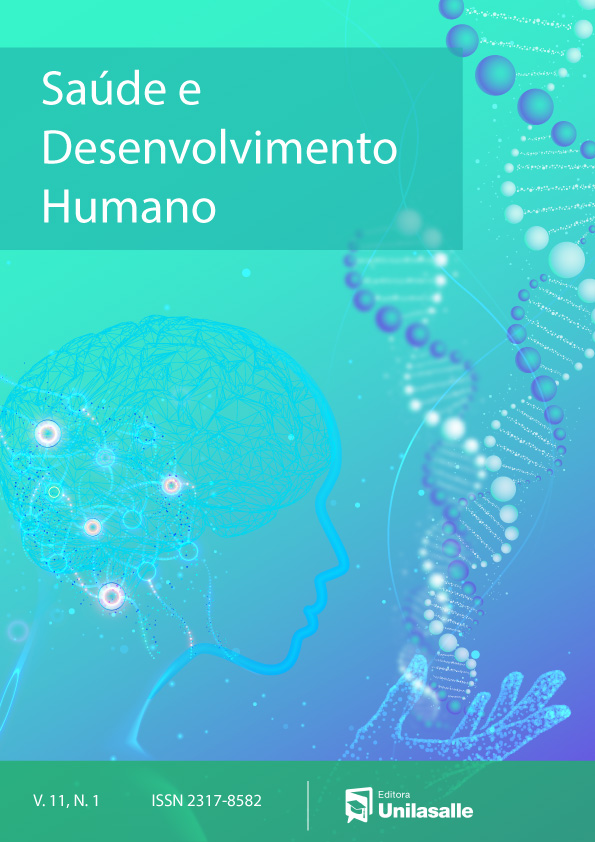Highly Palatable and Hypercaloric Foods Chronic Intake Impair Food Control
DOI:
https://doi.org/10.18316/sdh.v11i1.9605Keywords:
soft drink, food intake, feeding behavior, cafeteria diet, obesity.Abstract
Objectives: To evaluate the effects of soft drink and/or cafeteria diet consumption on eating behavior and metabolic parameters in rats. Material and Methods: Two months male Wistar rats were treated for twelve weeks, divided into groups: 1) CON: standard chow and water (SCW); 2) CD: cafeteria diet and SCW; 3) CS: caloric soft drink and SCW; 4) NCS: non-caloric soft drink and SCW; 5) CD+CS: cafeteria diet, caloric soft drink and SCW; and 6) CD+NCS: cafeteria diet, non-caloric soft drink and SCW. Results: The cafeteria diet intake resulted in higher energy consumption (p<0.0001), a lipid consumption increase (p<0.0001), and a protein reduction intake (p<0.0001), which contributed to an increase in body weight (p<0.0001) compared to the controls. The CD+NCS group visceral fat reduction may be related to a 17% reduction in sugar consumption, compared to the CD+CS group, and to the soda's caffeine content, with less insulinogenic effect. Conclusion: The animals who received the cafeteria diet consumed more ultra-processed foods, resulting in increased energy consumption, greater weight gain, and visceral fat. On the other hand, animals who received cafeteria diet and non-caloric soft drinks showed a reduction in visceral fat levels compared to the other cafeteria diet groups.
Downloads
Published
Issue
Section
License
Authors who submit their manuscripts to be published in this journal agree to the following terms:
- Authors retain copyright and grant the journal right of first publication with the work simultaneously licensed under the Creative Commons Attribution License that allows the sharing of work and recognition of its initial publication in this journal.
- By virtue of the articles appearing in this open access journal, articles are free to use, with proper attribution, in educational and non-commercia.


